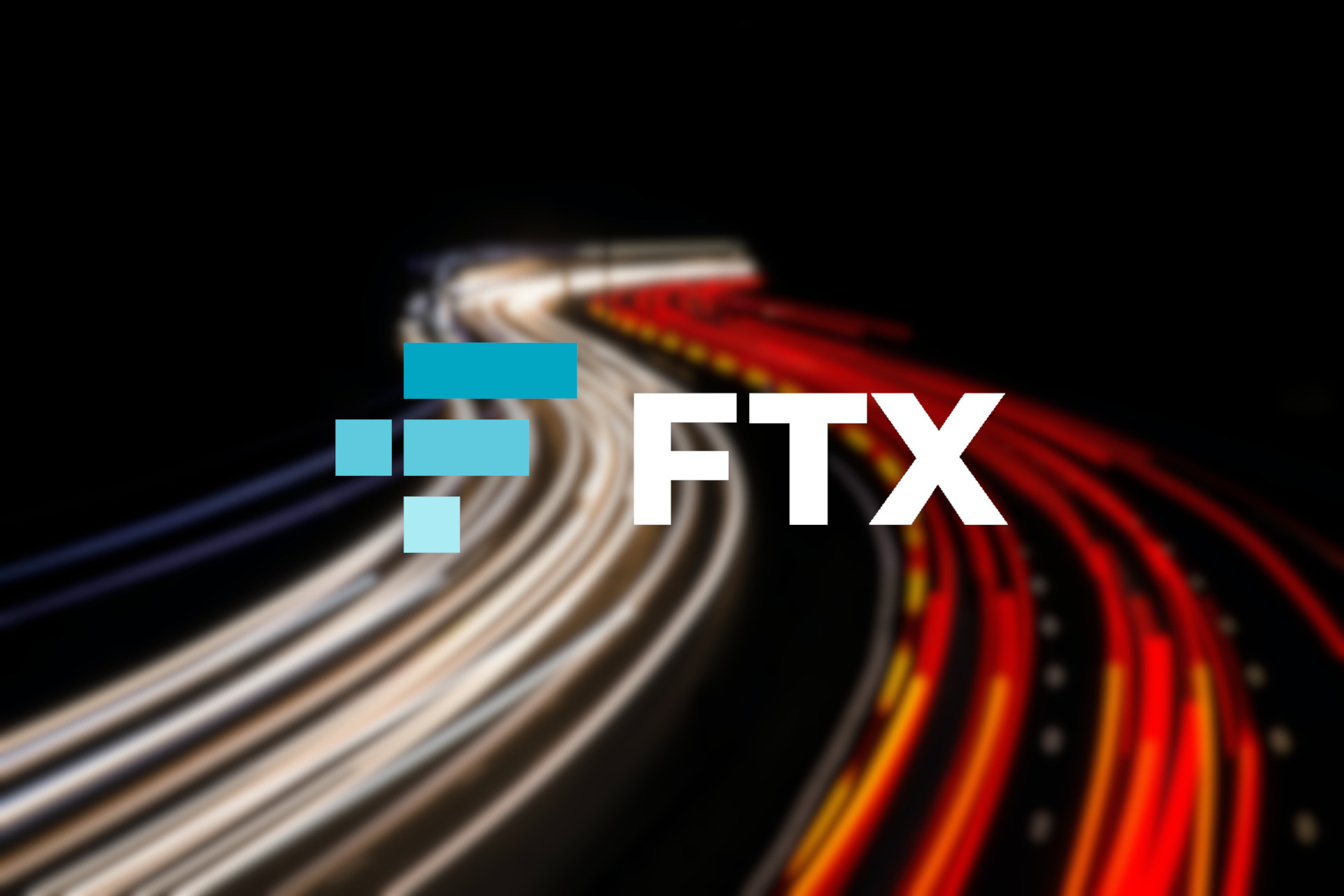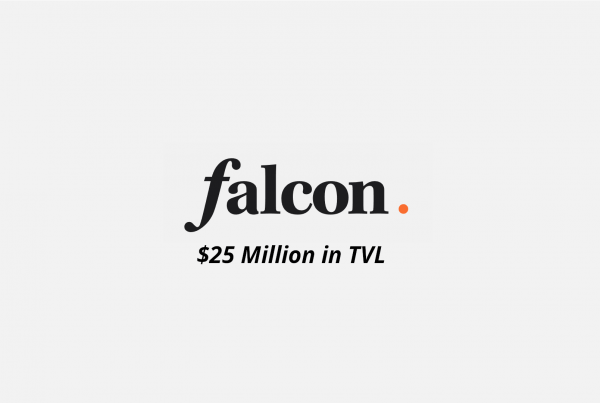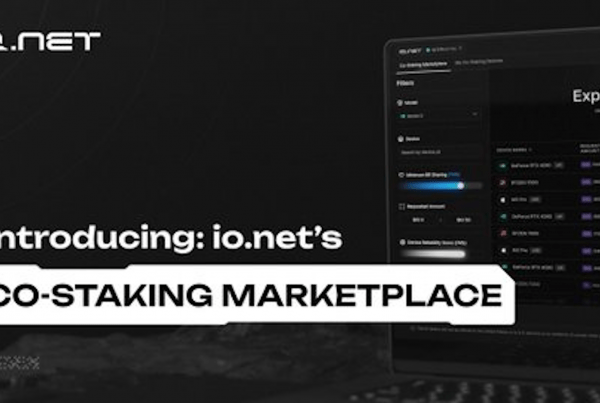
Key takeaways:
- FTX crypto exchange has secured a license from the Cyprus Securities and Exchange Commission (CySEC) to establish FTX Europe
- The newly established European venture will provide regulated access to spot and derivatives trading to European and Middle Eastern customers
- A recently concluded Series C funding round places FTX’s valuation at $32 billion
FTX receives regulatory approval to expand into Europe and the Middle East
FTX, a leading cryptocurrency exchange, has established FTX Europe, a fully-licensed investment firm meant to service European and Middle Eastern markets. In Monday’s press release, the company noted that the launch of FTX Europe marks “the next phase” of its global expansion.
Thanks to the approval from the Cyprus Securities and Exchange Commission (CySEC), FTX Europe will be able to offer access to all of FTX’s exchange crypto services, including spot trading offering and crypto derivatives. The new business unit will be headquartered in Switzerland.
The crypto startup has previously launched FTX.US, an American arm of the international FTX exchange, intended to service the US market. Earlier this year, FTX.US announced it will be expanding its portfolio of financial products and services with the addition of a stock trading offering.
The Sam Bankman-Fried helmed exchange hit a $32 billion valuation earlier this year, after raising $400 million in a Series C funding round. At the same time, the American arm concluded its own $400 million Series A, which saw FTX.US’ valuation balloon to $8 billion.
Sam Bankman-Fried, CEO and founder of FTX, commented on the launch of FTX Europe:
“We’re excited to launch our European operations in a regulated fashion to better serve those within the continent. As we continue to grow, we are constantly looking at opportunities to become appropriately licensed and regulated in every market we enter.”
In related news, last week, FTX pledged to spend up to $1 billion to “improve humanity” through its recently launched Future Fund. The exchange will be looking to invest in projects working on pressing humanitarian issues like reducing biorisk and improving renewable energy infrastructure.



